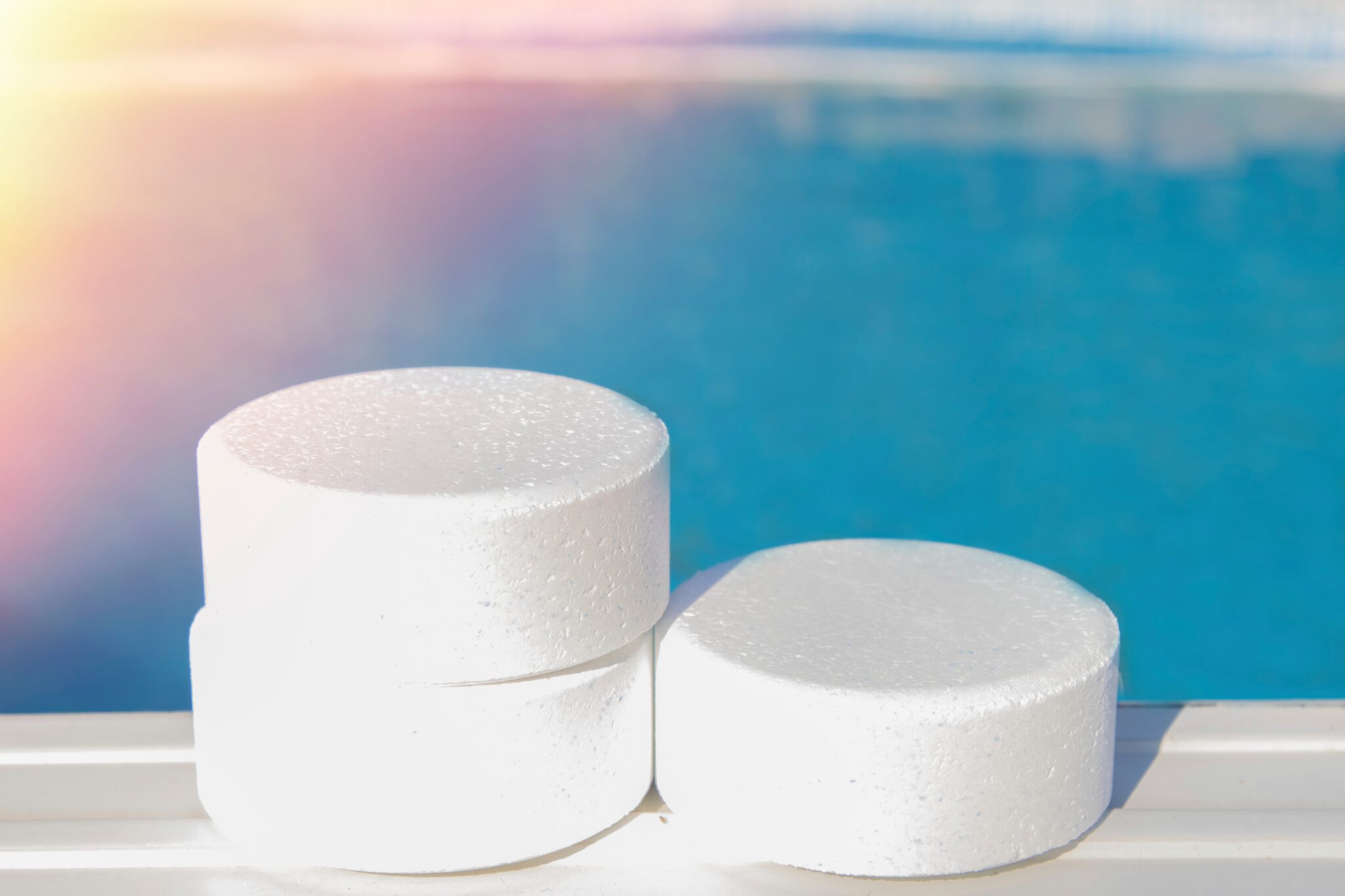
Going to the swimming pool is the most exciting part of summer. There are loads of pool activities that you can do with children or have a relaxed time enjoying the water in the summer heat. Moreover, having a pool in your backyard can be perfect, so you can enjoy it whenever you want. However, you need good pool equipment to ensure everything works perfectly and your swimming pool does not become a den of infection. It can be great if you use good residential pool supplies and are well aware of swimming pool maintenance rules.
Despite all the fantastic things that swimming pools offer, are you still trying to decide if you should have one at home? Have you heard contradictory things about swimming pools and need help deciding which ones to trust and which to discard? If yes, then you have come to the right place. We are here to bust some common pool myths about chlorine levels and other essential things.
1. If you smell chlorine, it means the water is clean.
This is the biggest myth ever. If you smell chlorine in a swimming pool, it is not necessarily a testament to the clean water. It simply means that the water has a lot of chloramines because the pool has more contaminants than can be effectively tackled by the chlorine. Hence, if you get a strong chlorine smell from a pool, it probably means that there are a lot of contaminants in the water.
2. Clear swimming pool water means clean water.
It is noteworthy that although clean water is clear, clear pool water is only sometimes clean. Even if your swimming pool is clear, it can still have nitrogen or ammonia compounds, resulting in a waterborne disease when you don’t expect it.
3. Your eyes turn red due to the chlorine in the swimming pool.
Your eyes turning red sometimes after swimming is not because of the chlorine. It is because of the ammonia compounds that are mixed with chlorine that irritate our eyes, causing them to turn red.
4. Chlorine can kill all kinds of bacteria or germs in the swimming pool.
Contrary to popular belief, chlorine does not have the power to kill everything in the water. While it can certainly prevent the spread of many waterborne diseases, it cannot kill some recreational diseases such as Cryptosporidium. It’s important to check your pool chlorine levels to ensure you’re adding the correct amount of chlorine for the cleaning you need.
5. Chlorine in the swimming pool can turn your hair green.
Although your hair can turn green if you spend too much time in the pool, the reason is not chlorine. Your hair turns green because of copper sulfate in the water, which is often added to avoid algae growth.
Do you still have questions about investing in a swimming pool for your home? You can learn more about the best swimming pool options, as well as pool and spa supplies, at Halogen Supply. Get in touch with our experienced team for further help today!
